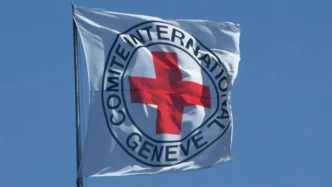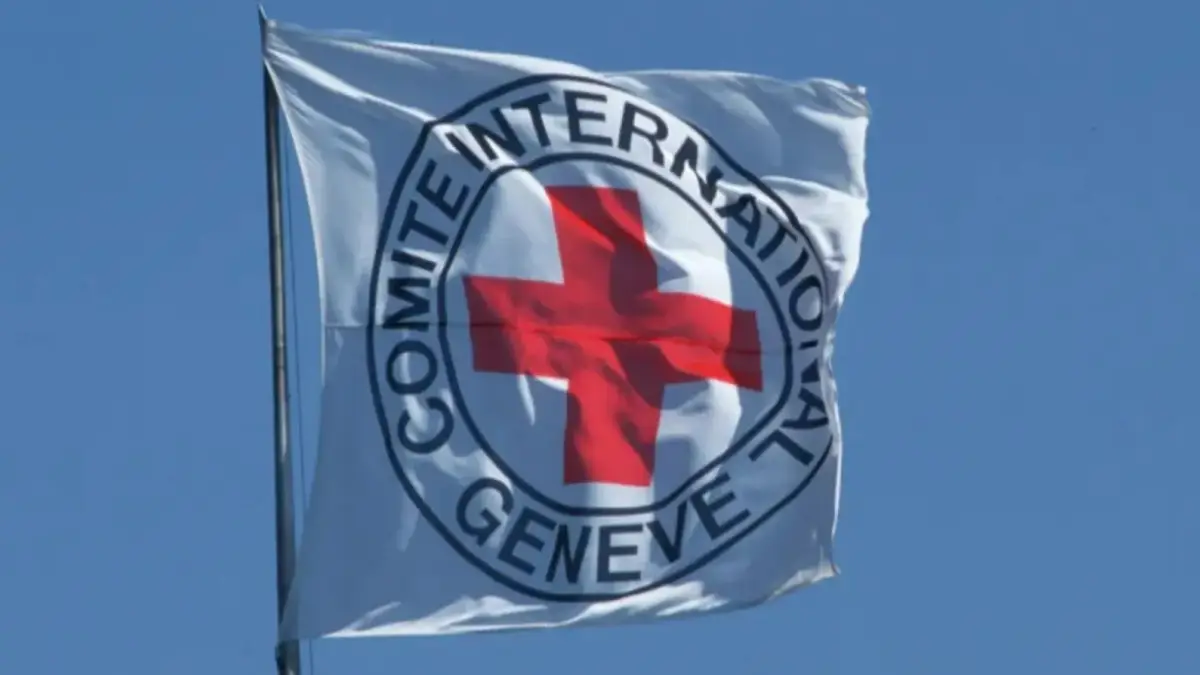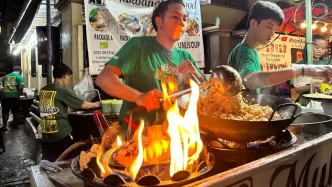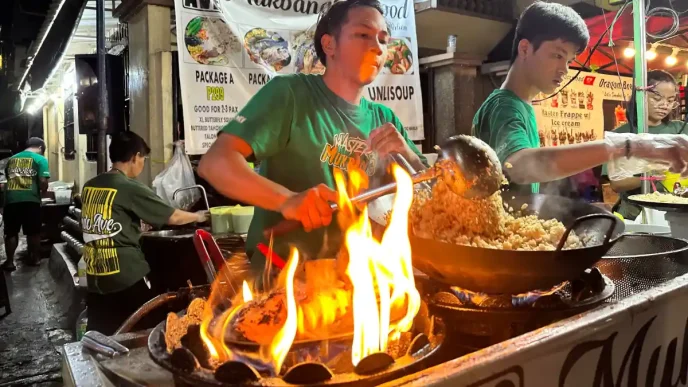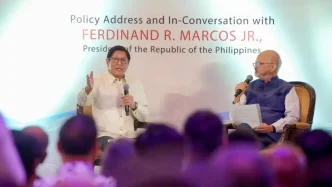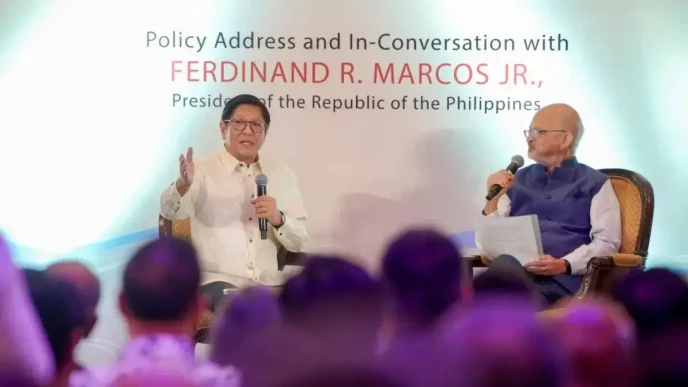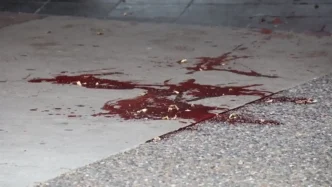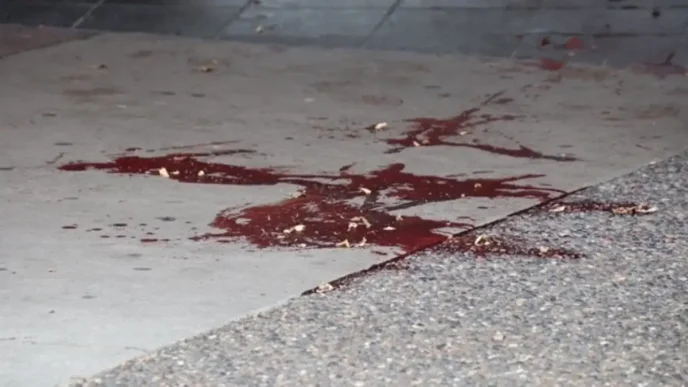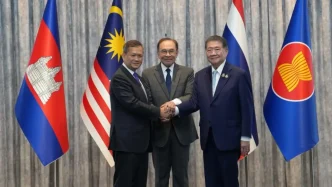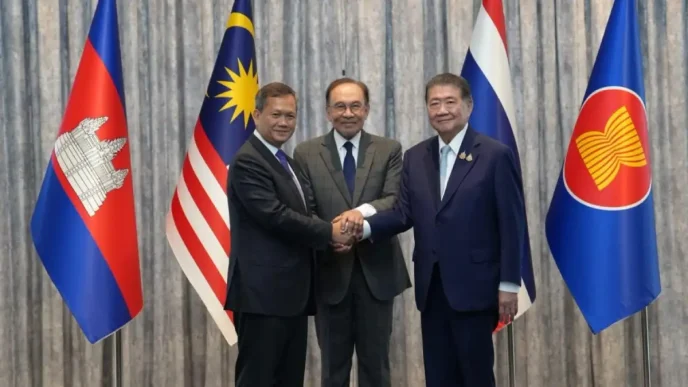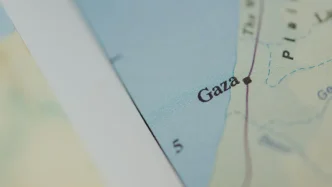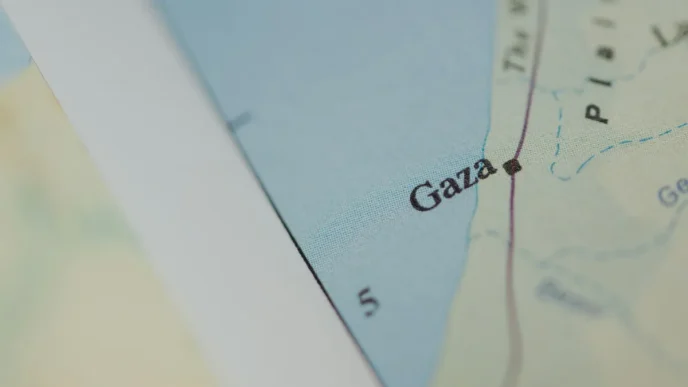Thailand has asserted its legal right to detain 18 Cambodian soldiers captured during a recent border clash, insisting that their repatriation will only occur once a ceasefire is fully established. The stance, articulated by a senior Thai military official, has intensified tensions between the two Southeast Asian neighbours, raising questions about the fragile peace along their shared frontier.
Despite being a signatory to the Geneva Convention on the treatment of prisoners of war since 1929—ratified in 1939—Thailand argues that the conflict has not fully ceased, and that international law permits continued detention until hostilities are definitively over. Officials have also cited pending legal and immigration reviews as further grounds for delaying the soldiers’ return.hared frontier.
Legal Justification Under International Law
On August 11, 2025, Royal Thai Army spokesman Major General Winthai Suwaree defended the detention of the Cambodian soldiers, captured on July 29 during a skirmish near the O’Smach border checkpoint in Cambodia’s Oddar Meanchey province. Responding to demands from the Cambodian Defence Ministry for their immediate release, Winthai emphasized that Thailand’s actions are in strict compliance with international legal and humanitarian standards, particularly the Geneva Conventions.
“The detention must continue until the ceasefire or cessation of hostilities is concrete and fully effective, to ensure that the detainees will not return to combat against Thailand. This follows established international norms” Winthai stated on August 11, 2025.
He further argued that Cambodia may not fully grasp the intricacies of international practices regarding prisoners of war (POWs). According to Winthai, Thailand has received no criticism from allied nations or international organizations, countering Cambodian claims of concern over the detentions. He highlighted that Thailand has been transparent, allowing oversight from the outset, including a visit by a delegation from the International Committee of the Red Cross (ICRC) on August 5. The four-member team, which included a protection officer, a medical specialist, a program officer, and an interpreter, assessed the conditions under which the soldiers are being held.
A History of Border Friction
The detention of the 18 Cambodian soldiers is the latest chapter in a long-standing history of border disputes between Thailand and Cambodia, often centered around overlapping territorial claims and military skirmishes. The O’Smach checkpoint, where the soldiers were captured and one was briefly returned as captured in a poignant image released on August 1 by Agence Kampuchea Presse, has been a frequent flashpoint. The area lies near the Preah Vihear temple, a UNESCO World Heritage site that has been at the heart of deadly clashes in the past, most notably in 2011, when artillery exchanges left several dead on both sides.
While the current conflict appears less severe, the detention of soldiers underscores the fragility of peace in the region. Both nations have engaged in sporadic ceasefire talks, but mutual distrust often derails progress. Thailand’s insistence on a “concrete and fully effective” cessation of hostilities as a precondition for repatriation suggests that the soldiers may remain in custody for an extended period unless diplomatic breakthroughs are achieved.
Humanitarian and Diplomatic Dimensions
The involvement of the ICRC signals an important humanitarian dimension to the standoff. The organization’s mandate to monitor the treatment of detainees under international law, including ensuring access to medical care and communication with families, places additional scrutiny on Thailand’s handling of the situation. While Winthai has stressed that the detentions are lawful and conditions meet global standards, Cambodia’s repeated calls for a swift return of its soldiers indicate a divergence in how each side interprets both the conflict and the applicable legal frameworks.
Beyond the humanitarian angle, the incident carries significant diplomatic weight. Thailand and Cambodia are both members of the Association of Southeast Asian Nations (ASEAN), a regional bloc that promotes unity and conflict resolution among its members. However, ASEAN’s principle of non-interference often limits its ability to mediate bilateral disputes, leaving Thailand and Cambodia to navigate their tensions largely on their own. Analysts suggest that the current disagreement over the detained soldiers could spill over into broader regional discussions, particularly if either side seeks to internationalize the issue further.
Cambodia’s Perspective and Calls for Resolution
While the Cambodian Defence Ministry has publicly urged the immediate release of the soldiers, detailed statements from Cambodian officials on this specific incident remain limited in accessible public sources. The ministry’s position, as relayed through Thai military channels, appears to frame the detention as unlawful, a claim Winthai has categorically rejected. He has instead urged Cambodia to focus on other important matters that would demonstrate sincerity in adhering to ceasefire agreements, though specifics on these matters were not elaborated upon in his remarks.
The lack of direct, verifiable statements from Cambodian authorities in this instance highlights the challenges of reporting on cross-border disputes where information is often filtered through opposing narratives. Nevertheless, the return of one soldier on August 1, as documented in a widely circulated photograph, suggests that limited gestures of goodwill may be underway, even as the broader issue of the remaining 18 detainees persists.
International Law and the Geneva Conventions
At the heart of Thailand’s justification lies the Geneva Conventions, a set of international treaties that govern the treatment of prisoners of war, among other aspects of armed conflict. Under the Third Geneva Convention of 1949, POWs can be detained until the cessation of active hostilities, provided they are treated humanely and afforded protections such as access to medical care and impartial oversight. Thailand’s assertion that it is adhering to these principles appears to align with the legal framework, though Cambodia’s contention likely centers on whether the current level of conflict constitutes active hostilities warranting continued detention.
Legal experts note that the interpretation of cessation of hostilities can vary, often depending on formal agreements or de facto conditions on the ground. In the absence of a signed peace accord or sustained calm along the border, Thailand may argue that the risk of renewed combat justifies holding the soldiers. However, prolonged detention without clear progress toward resolution could draw criticism if humanitarian conditions are perceived to deteriorate or if diplomatic efforts stall entirely.
Regional Implications and Security Concerns
The detention of the Cambodian soldiers comes at a time when Southeast Asia is grappling with multiple security challenges, from maritime disputes in the South China Sea to internal conflicts in Myanmar. While the Thailand-Cambodia border issue is unlikely to destabilize the wider region, it serves as a reminder of how historical grievances and territorial ambiguities can fuel localized tensions. For Thailand, maintaining a firm stance on the detentions may be seen domestically as a necessary assertion of sovereignty, particularly in light of past concessions in border negotiations.
For Cambodia, the incident risks inflaming nationalist sentiments, especially if the public perceives the government as unable to secure the release of its soldiers. Both sides face domestic pressures to appear resolute, a dynamic that could complicate efforts to de-escalate through dialogue. The role of international observers, such as the ICRC, will be crucial in ensuring that the soldiers’ rights are upheld, potentially paving the way for confidence-building measures that could facilitate their eventual return.
Looking Ahead: A Path to De-escalation?
As the standoff over the 18 Cambodian soldiers continues, the path to resolution remains uncertain. Thailand’s adherence to international law provides a legal basis for its position, but the prolonged detention of foreign troops is rarely without political cost. Cambodia, for its part, may seek to leverage diplomatic channels or regional platforms to press for repatriation, though its options are constrained by the same ASEAN norms that prioritize bilateral resolution over collective intervention.
The incident at O’Smach is a microcosm of the broader challenges facing Thailand and Cambodia as they navigate a shared history marked by mistrust and sporadic violence. Whether the current ceasefire can hold—and whether it will be deemed fully effective enough to warrant the soldiers’ release—depends on a delicate balance of military restraint and political will. For now, the detained soldiers remain a symbol of a border that, despite moments of calm, is never far from conflict. Whether the Cambodian soldiers will be released and when, is a matter for Thailand to decide however the international community and Thailand’s obligations to international agreements may add pressure to hand over.
